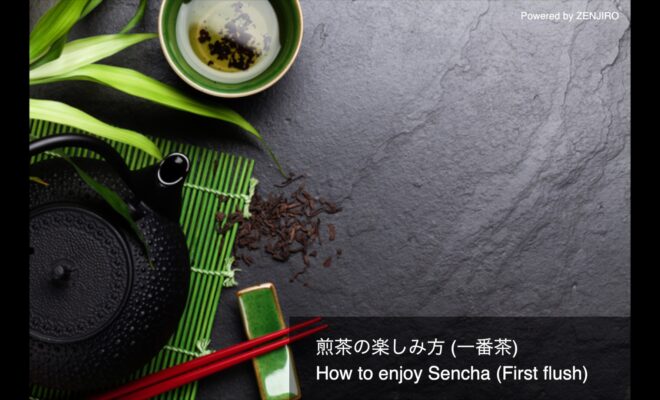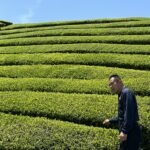May 17, 2020
The Zen concept is now well known to many. Widespread among the Japanese samurai over 800 years ago and adopted by many Japanese leaders in the past, Zen is now adopted by many world leaders. It is well known that Steve Jobs was a passionate enthusiast. Ichiro, who played in major league baseball, Phil Jackson of NBA basketball, and Eric Schmidt, former CEO of Google. There are even Zen lessons at Harvard University and MIT. The successive designs of Apple iPhones are very simple and represent the spirit of Zen. It is very similar to the simple design of Kyoto’s Zen temple and its Japanese garden, which are very popular with foreigners.
So, is Zen a religion? The Zen Buddhism was certainly established as a sect of Buddhism, but it is not a religion in nature.
What is Zen? Zen is the act of searching for the truth of one’s existence. Therefore, no god is irrelevant, only a facing relationship with the self. Who are you? Business card, company name, title, gender, nationality, religion. These are only superficial attributes that accompany you, not your truth.
One of the keywords of Zen is the word “如意 nyoi”. This means that you can be what you want at will.
There is a word “自由自在 jiyu-jizai” in Japanese. “自由 jiyu” means freedom, and “自在 jizai” means at will. Our company name, JYXYER, which owns the ZENJIRO brand, means “自在な人 jizai” people. The important thing here of the cocept “如意 nyoi” of Zen is that it is never selfish. Rather, Selfish is the opposite concept. The meaning of “nyoi” in Zen means the relationship between oneself and another person, the relationship between oneself and all things and nature, and a gentle heart that respect others and becomes one with oneself. I think it’s more right to say philosophy than to religion.
Zen is a training that aims at the above spirit conditions. The most famous practice is to practice Zazen (Zen meditation in a cross‐legged position), but it only is not all of Zen practice. For example, getting up early and cleaning house to be clean is one of the training of Zen. There are many foreign people who are surprised to hear that cleaning is Zen. However, since it is one of Zen practice, it can be considered as one of Zen to do cleaning by yourself.
This is closely related to the public health concept of Japan. In Japan, we clean our classrooms every day since we were in elementary school. Also, at home, take off shoes, wash hands and gargle, and clean the house ourselves, we do to keep it clean. This is common behavior of Japanese. These Zen-derived hygiene practices have prevented the Japanese people from being infected with the cholera epidemic in China 150 years ago and the Spanish flu epidemic 100 years ago. I think that the low infection rate in Japan due to the outbreak of this new type of coronavirus is closely related to keeping the cleanliness of everyday life. It is not a special thing for Japanese people to clean their own homes and towns by cleaning themselves in the long-standing Zen spirit culture.
And Zen’s feature is a frugally and simple lifestyle. The simplicity of Japanese gardens and buildings, which are often found in Kyoto, was not started by the aristocrats who lived in Kyoto, but it is a Zen temple built in Kyoto by the samurai government that started in Kanagawa prefecture. You may have seen the photo, but it’s very simple.
Along with this lifestyle, the Zen heart is a state of constant humbleness (“謙虚 kenkyo”). The word humble is difficult to describe in English, but it refers to both the inner heart of humble and the behavior of modest.
Zen is thus a behavioral philosophy that enhances self. That’s why the world leaders are hiring. In fact, Steve Jobs’ frugal, simple fashion, simple design products are full of Zen philosophy. Zen does not have a promotion test like martial arts. If you start Zen today, it means that you already are in the Zen lifestyle.











